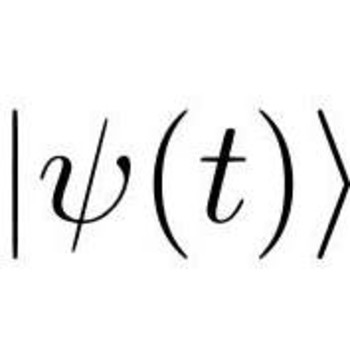What causes radioactivity?
1 Answer
Unstable nuclei
Explanation:
If an atom has an unstable nucleus, like when it has too many neutrons compared to protons, or vice-versa, radioactive decay happens. The atom ejects out beta or alpha particles, depending on the type of radiation, and begins to lose mass (in the case of alpha particles), in order to form a stable isotope.
Alpha decay is caused by heavy elements, usually the synthetic elements, like roentgenium (element
Beta decay is different. There are two types of beta decay, beta-positive and beta-negative.
In a beta-negative decay, an atom ejects out an electron
In a beta-positive decay, an atom ejects out a positron
In both beta decays, the mass stays constant, as no protons or electrons are lost.
Source:
https://education.jlab.org/glossary/betadecay.html
I hope this explanation was clear!

